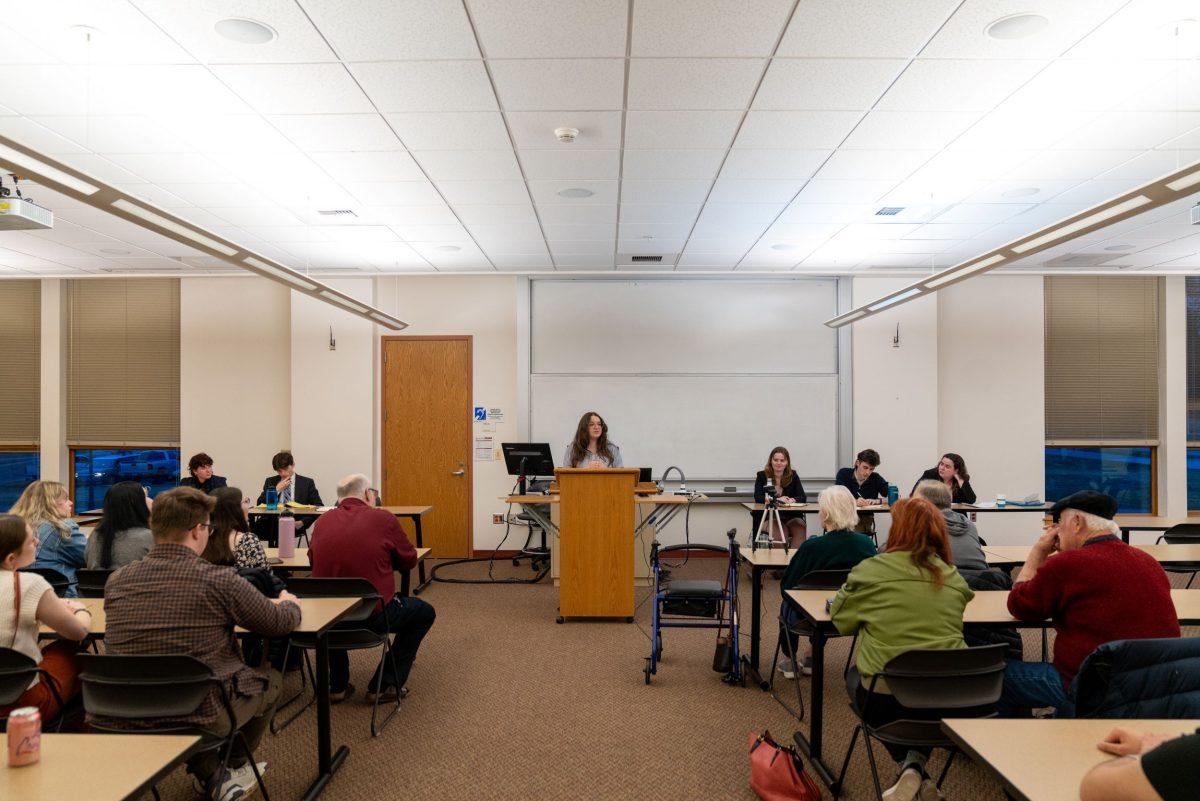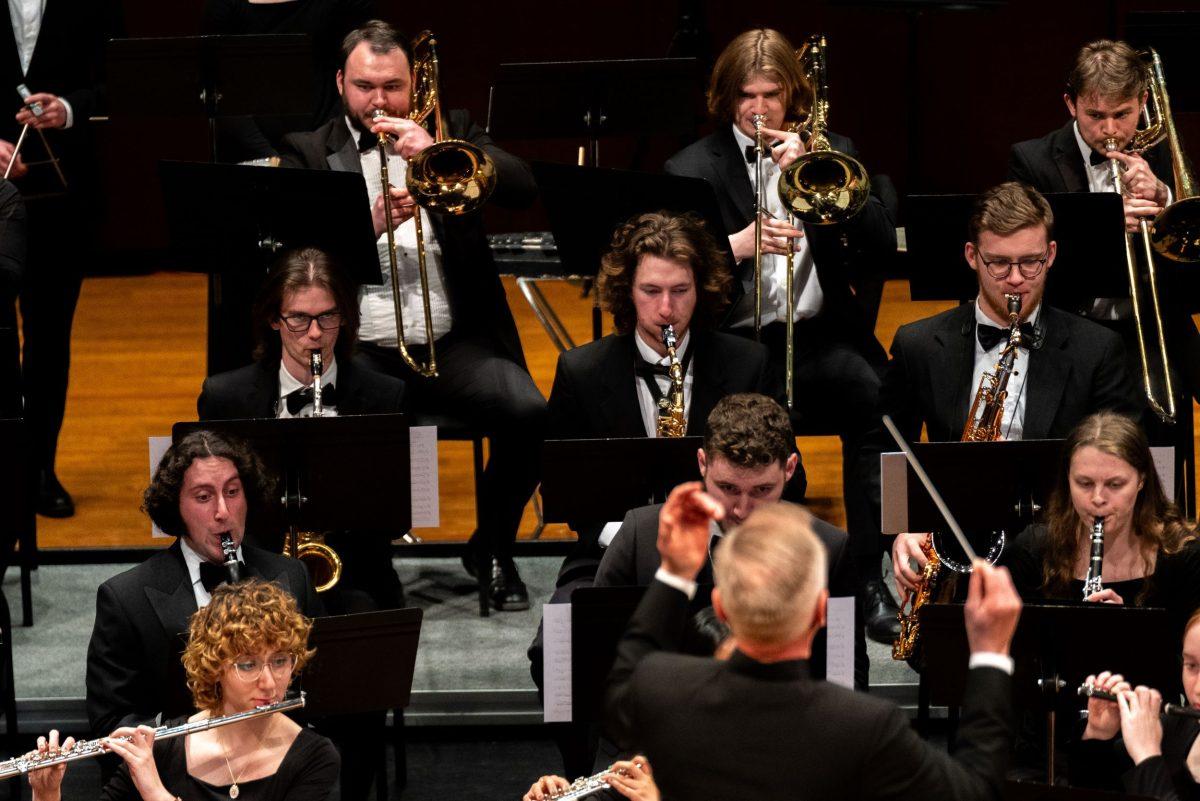Jayme Stone’s Lomax Project seeks to bring the work of noted folklorist and ethnomusicologist Alan Lomax to a contemporary audience.
Stone has extensively researched Lomax’s recordings and created a new album of 19 songs, accompanied by extended liner notes that explore the provenance of each song. With this work, Stone is attempting to bring a piece of early American music history to a new audience, he says.
Lomax worked in the field for over 60 years after beginning his work in 1933 with his father, John Avery Lomax, a folklorist and musician. The father and son team spent years collecting thousands of recordings of music in order to “expand the holdings of recorded folk music at the Archive of American Folk Song at the Library of Congress (established 1928), gathering thousands of field recordings of folk musicians throughout the American South, Southwest, Midwest and Northeast, as well as in Haiti and the Bahamas,” according to the Association for Cultural Equity.
Lomax’s work is extensive and includes thousands of recordings, photographs, manuscripts and videos, all in all representing almost one “1,000 culture groups from around the world,” according to The American Folklife Center at the Library of Congress.
Stone, a Canadian native, is also interested in musical traditions from around the world and has spent two years researching Lomax’s work. Stone worked to collect a variety of songs and share their provenance and importance in the history of the North American musical tradition. Stone worked with 15 musicians on the project and has hailed it as a collaborative effort.
“The work with these particular musicians has been so joyful,” Stone said. “Everyone has been so generous … even when it came to record, we were still rearranging and writing new lyrics … the whole thing has just felt very alive and engaged.”
The album includes sea shanties, hymns and cowboy songs, each with accompanying notes from Stone based on the research of Lomax. Stone is attempting to reinvigorate those pieces of post-war American history to illustrate the influence the music has had on everything that has come after it.
That is important to Stone now as he explores the roots of the music that is listened to now. Stone hopes to increase appreciation of the provenance and history of each of the songs in this collection.
“A song carries with it the history and story of the people who created it,” Stone said. “When these songs were created, they would bring people together … people were using songs to create togetherness often while they did very intensive manual labor, whether it was aboard a fishing vessel or county road gang, they used songs to keep their spirits afloat.”
With this project, contemporary listeners can experience a significant part of American history. Stone played the Bing Crosby Theater on Feb. 25 as part of his tour in support of The Lomax Project.
Stone’s album, officially titled “The Lomax Project,” will be released on March 3. Information on the album, including a short documentary and videos of selected songs, can be found at www.jaymestone.com.






